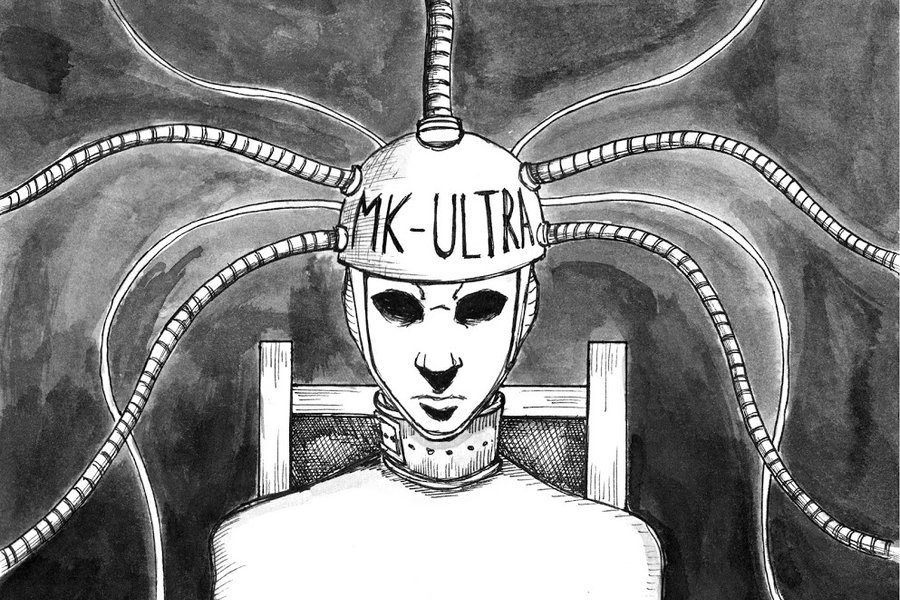
It has taken until the second decade of the 21st century, but the U.S. government has finally designated space to be a legitimate domain of military operations and has stood up the U.S. Space Force — that’s the good news. The not-so-good news is that the U.S. Space Force has no routine, reliable access to space.
The Space Force will operate in the near-Earth and cislunar domains like our current military operates in the domains of land, sea, and air. The Army and Marines have their land and air vehicles, the Navy has its surface ships and submarines, and the Air Force has its airplanes. But the assets being transferred to the Space Force — satellites and expendable launch vehicles — are akin to lighthouses, buoys, dirigibles, and coastal artillery because we have so far only treated space as a support service.
The U.S. Space Force must acquire responsive, routine, and reliable access to space — starting with launch systems optimize for reaching low Earth orbit (LEO). The Space Force must be equipped with a fleet of responsive, spacefaring vehicles under the operational purview of the Space Force’s equivalent of an Air Force colonel or Navy captain. Currently, the resource requirements for space launch are so large that only a three-star general of above to approve a mission; for launch to be truly operationally responsive, the required resources — and decision-making authority — must be driven down to a level comparable to what’s been required to send a B-2 Stealth Bomber or the now-retired SR-71 reconnaissance aircraft aloft.
















